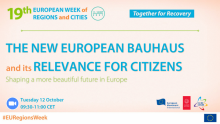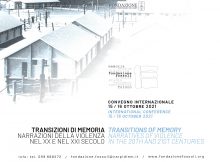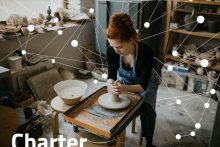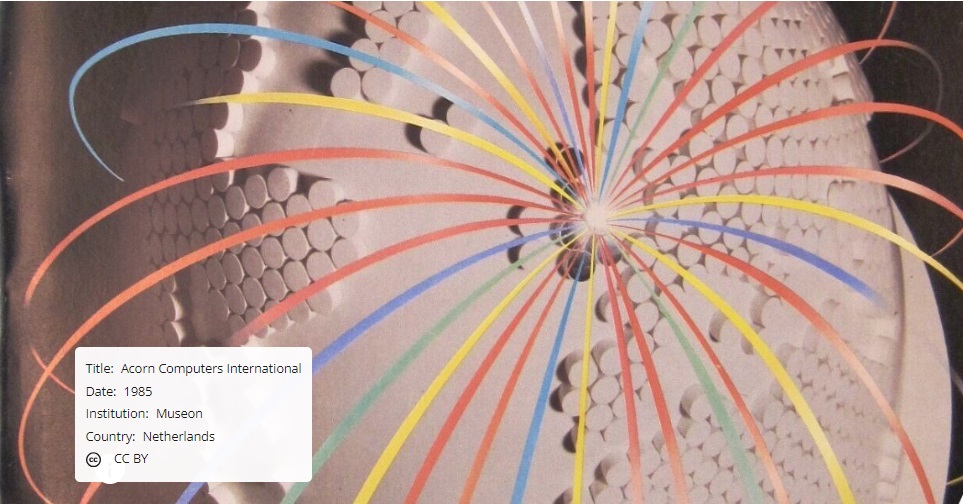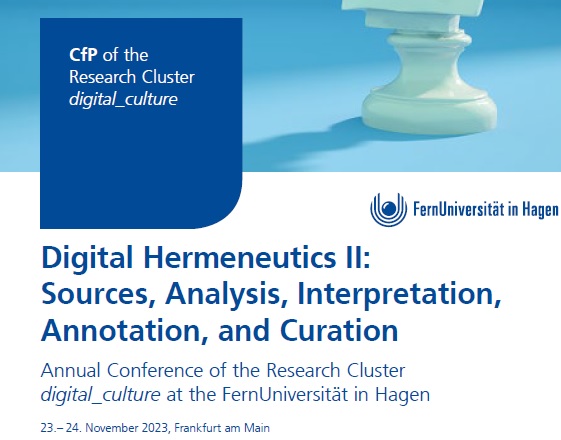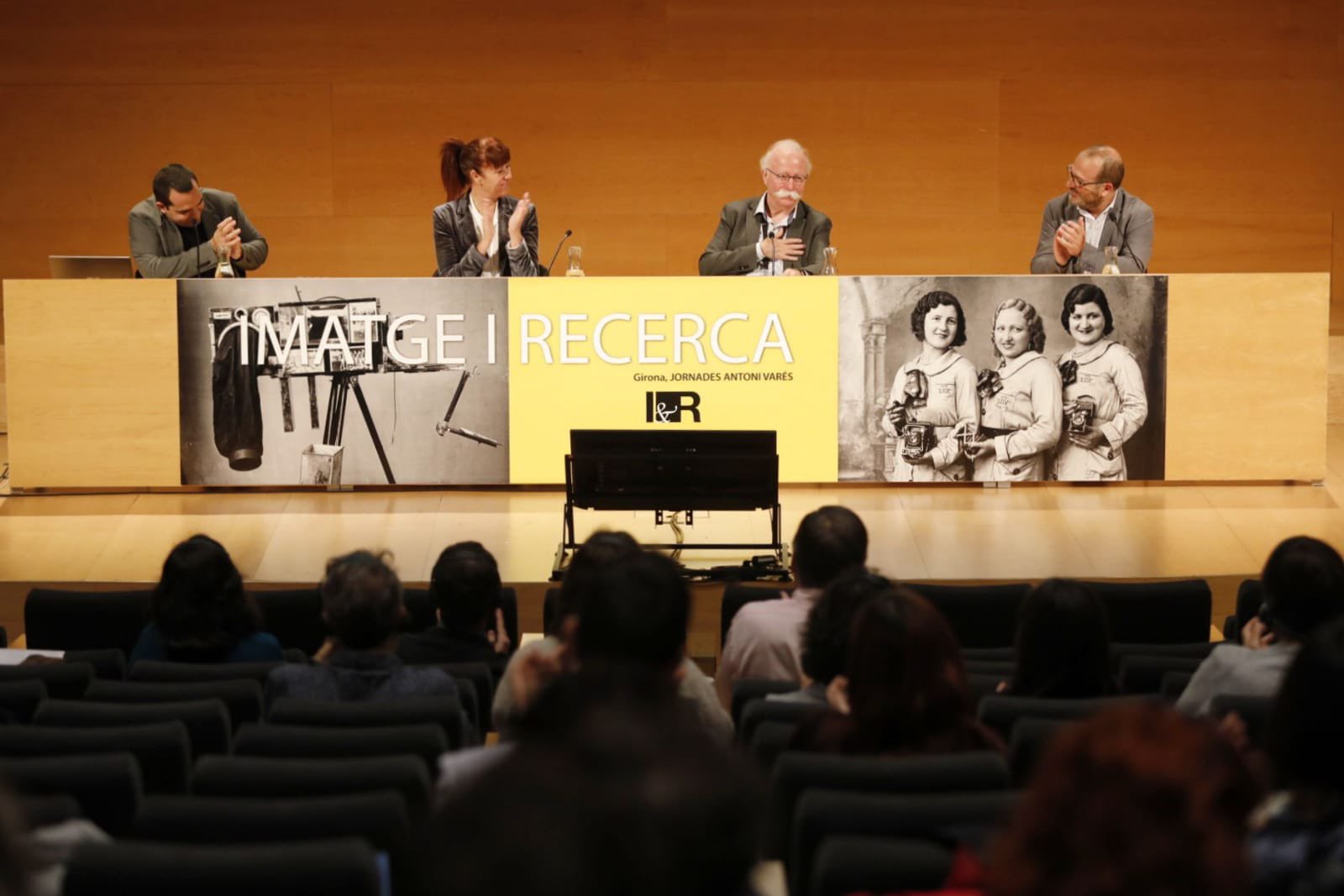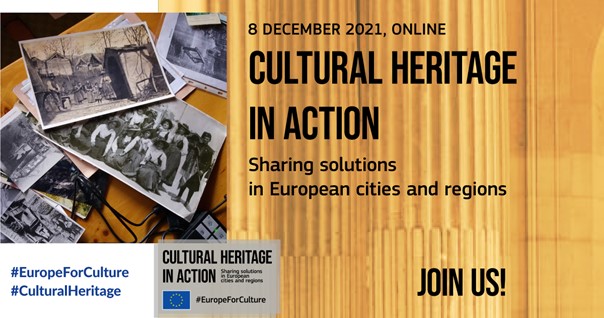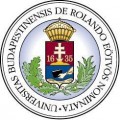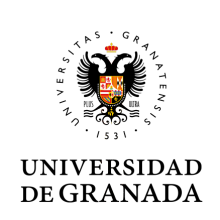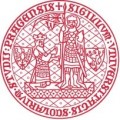 SOPHIA is a two years project started on January 2020 which aims at proposing a holistic impact assessment model for historical, environmental and cultural heritage in Europe. With the term holistic it understands that the economic, social, environmental and cultural dimensions necessary to any intervention on heritage must be addressed comprehensively. The Platform will identify the most important challenges and opportunities linked to cultural heritage interventions in Europe. It will explore the general topic and the current situation as regards policies, assessment and quality of interventions, including best practices, and the creation of a draft holistic impact assessment model. It will also analyse specific case studies, focusing on people, domains and time. To achieve its goals, the project will bring together stakeholders from different fields who will define guidelines for future policies.
SOPHIA is a two years project started on January 2020 which aims at proposing a holistic impact assessment model for historical, environmental and cultural heritage in Europe. With the term holistic it understands that the economic, social, environmental and cultural dimensions necessary to any intervention on heritage must be addressed comprehensively. The Platform will identify the most important challenges and opportunities linked to cultural heritage interventions in Europe. It will explore the general topic and the current situation as regards policies, assessment and quality of interventions, including best practices, and the creation of a draft holistic impact assessment model. It will also analyse specific case studies, focusing on people, domains and time. To achieve its goals, the project will bring together stakeholders from different fields who will define guidelines for future policies.
SOPHIA and REACH Social Platforms has recently signed an agreement for coordinating their activities and act in mutual support.
Surfing the waves of the pandemic, SoPHIA – Social Platform for Holistic Heritage Impact Assessment – held a first workshop online last June 25 and July 2 with its newly formed community of practice. The aim was to present the initial findings of the project, assess and exchange knowledges and practices, and spur the debate.
 The Athens Virtual Workshop gathered around 50 professionals from the institutions part of the Consortium, members of the Advisory Board and stakeholders from different fields, such as research, education, museology, cultural management, cultural policy or entrepreneurship, among others. SoPHIA is currently bridging its first theoretical phase, during which it has collected and analyzed the literature and policies related to heritage impact assessment models and methods, with its second practical phase that foresees the design of an impact assessment model to be tested in selected cultural heritage sites, practices and events. The first phase has highlighted, among other things, the lack of models that duly address the four dimensions considered as fundamental when dealing with heritage interventions, namely the social, economic, cultural and environmental dimensions; the priority given to the economic dimension at the expense of other fundamental dimensions; the lack of consultative and participatory processes that provide for a sense of ownership by the communities; as well as the need for assessment models that take into account the long term impact of interventions, especially after so-called big events.
The Athens Virtual Workshop gathered around 50 professionals from the institutions part of the Consortium, members of the Advisory Board and stakeholders from different fields, such as research, education, museology, cultural management, cultural policy or entrepreneurship, among others. SoPHIA is currently bridging its first theoretical phase, during which it has collected and analyzed the literature and policies related to heritage impact assessment models and methods, with its second practical phase that foresees the design of an impact assessment model to be tested in selected cultural heritage sites, practices and events. The first phase has highlighted, among other things, the lack of models that duly address the four dimensions considered as fundamental when dealing with heritage interventions, namely the social, economic, cultural and environmental dimensions; the priority given to the economic dimension at the expense of other fundamental dimensions; the lack of consultative and participatory processes that provide for a sense of ownership by the communities; as well as the need for assessment models that take into account the long term impact of interventions, especially after so-called big events.
 In the first place, the context of the SoPHIA project was presented. This was followed by a series of keynote speeches that set the framework for the issue at hand: Annalisa Cicerchia, Roma Tre University, presented “Impact Assessment Methods” and Beatriz García, Institute of Cultural Capital, University of Liverpool, shared her views on “Why do present Impact Assessment Models prove inadequate”. The gaps and opportunities identified regarding heritage impact assessment models were also presented with a summary of guidelines and programmes from the EU and other world regions. Participants debated in small groups and, based on their experiences, contributed different perspectives that will be taken into account in the drafting of the SoPHIA impact assessment model. All the material of the Athens Virtual Workshop will be shortly made available for download from the SoPHIA website.
In the first place, the context of the SoPHIA project was presented. This was followed by a series of keynote speeches that set the framework for the issue at hand: Annalisa Cicerchia, Roma Tre University, presented “Impact Assessment Methods” and Beatriz García, Institute of Cultural Capital, University of Liverpool, shared her views on “Why do present Impact Assessment Models prove inadequate”. The gaps and opportunities identified regarding heritage impact assessment models were also presented with a summary of guidelines and programmes from the EU and other world regions. Participants debated in small groups and, based on their experiences, contributed different perspectives that will be taken into account in the drafting of the SoPHIA impact assessment model. All the material of the Athens Virtual Workshop will be shortly made available for download from the SoPHIA website.
The community of practice will meet again in future workshops, onsite if the situation allows, or virtually. At the same time, an online collaborative platform will enable for continued interaction; each member formally attached to the SoPHIA community will be able to access relevant documentation and participate in debates on topics of interest for the project. In this sense, professionals with experience in cultural heritage from any field, whether academics, practitioners or devoted to cultural policy, and with an interest to be part of this community, are welcome to contact info@sophiaplatform.eu to explore their possible participation in the project.
Follows the progress of SoPHIA on www.sophiaplatform.eu
Twitter:@sophia_platform
Facebook under SophiaPlatform.




